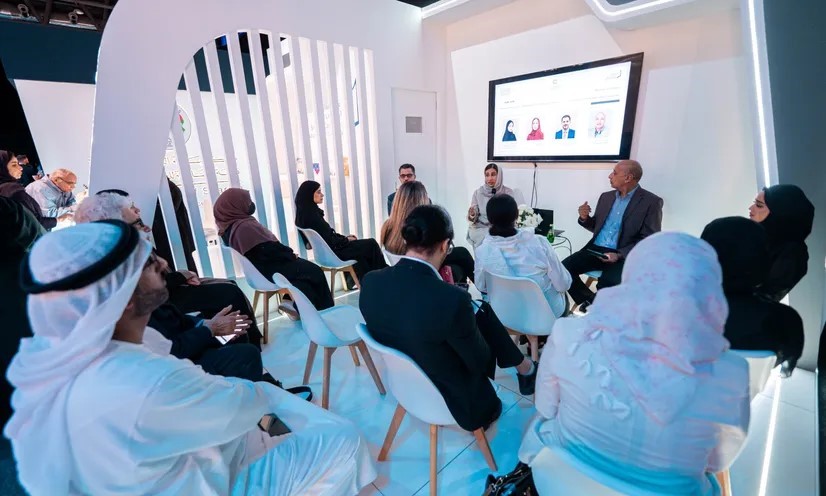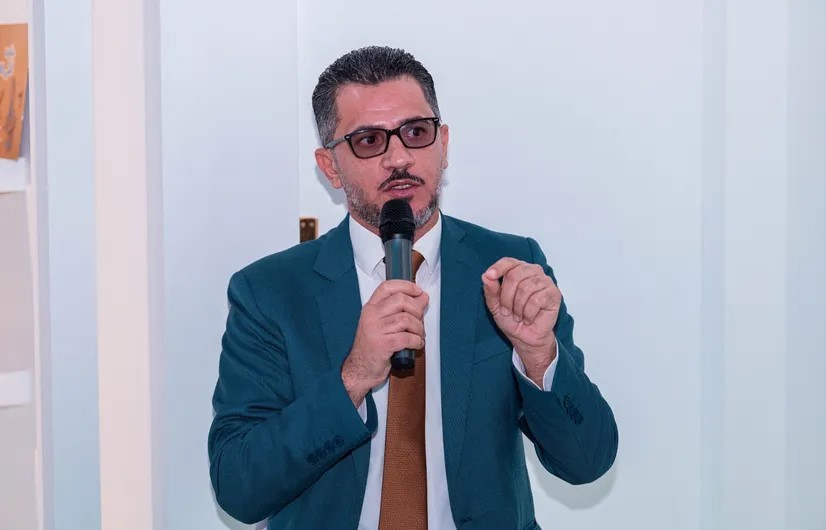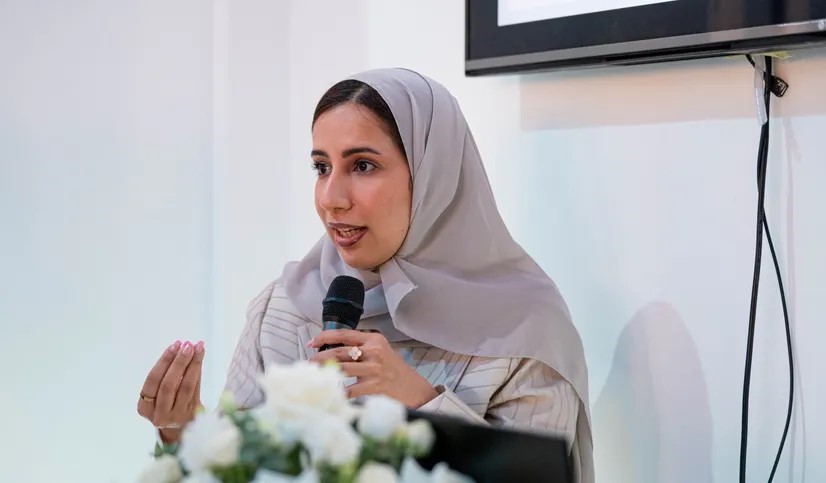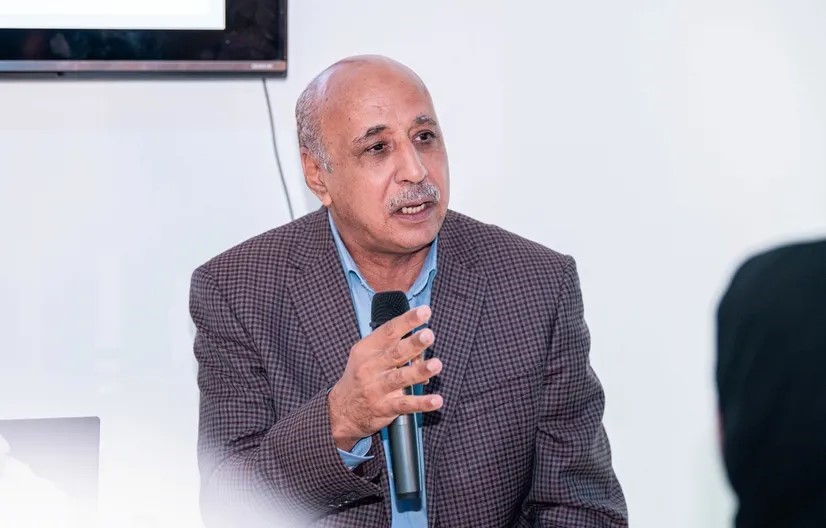On the first day of the 14th edition of the International Government Communication Forum, organized by the Sharjah Government Media Bureau, a specialized session discussed ways to improve the quality of life of children with learning difficulties through integrated psychological, educational, and media approaches. Experts and specialists participating in the session presented practical insights aimed at reshaping stereotypes about this group, highlighting their hidden potential, and transforming government communication from merely transmitting information into a tool of empowerment that changes the lives of children and their families.
اضافة اعلان




Psychological Support as the Foundation
The session opened with Dr. Maha Al Ali, a child and adolescent psychiatrist, who emphasized that psychological support is the cornerstone in assisting students with learning difficulties. She explained that self-confidence and emotional security significantly enhance a child’s ability to learn and integrate, adding: “The more a child with learning difficulties feels psychological safety and appropriate emotional support, the greater their capacity for learning, attention, and critical thinking—enabling them to turn challenges into opportunities to showcase their intellectual potential.”
Quality of Services and Supportive Technologies
For his part, Ahmed Al Salem, Head of the Academic Intervention Department at the Sharjah Center for Learning Difficulties, stated that the quality and effectiveness of educational services matter more than their availability. He noted that students in this category are “ordinary students who only need a different learning approach.” He stressed that having qualified specialists and precise diagnostic tools based on international standards is essential for children’s educational well-being.
Al Salem also discussed the role of technology in facilitating education, highlighting the “Self-Advocacy” program, which helps children understand their rights, empowers them to claim them, and at the same time raises community awareness about the importance of safeguarding these rights. He added: “Our goal is not just to provide an educational service, but to deliver it with high quality, faster and more easily through technology, so students feel that learning is accessible at all times.”
Making It a Societal Issue
Meanwhile, Dr. El Sayed Bakhit Darwish, Professor at the College of Communication and Media Sciences at Zayed University and Head of the Department of Mass Communication, emphasized the importance of reshaping media discourse and government messages on learning difficulties, framing them as a societal issue rather than one that concerns only students’ families. He said: “Media messages must highlight the unique abilities of children with learning difficulties so that this becomes a widespread public discourse, fostering a positive societal perception of them and increasing their opportunities in education and employment.”




